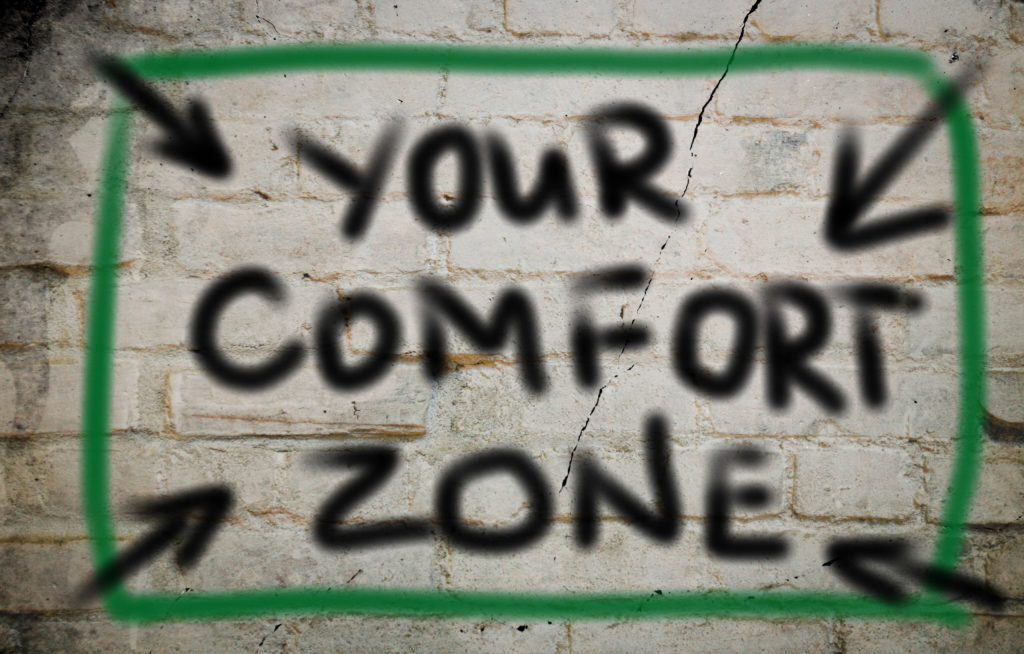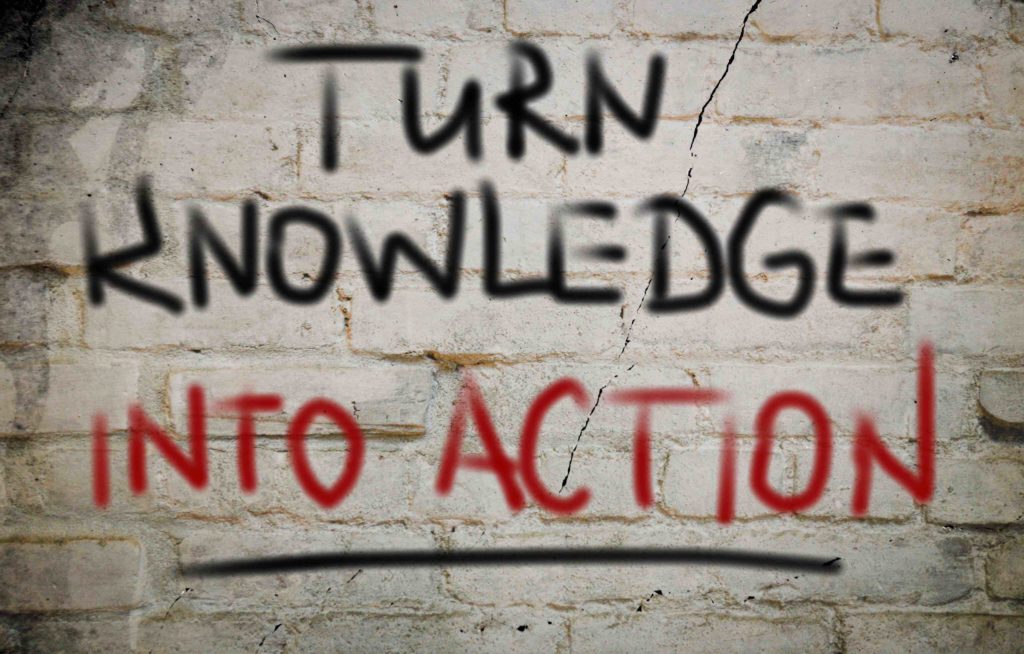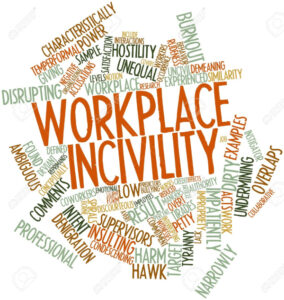On the blog
- By Tammy Tansley
- / July 18, 2018

It's the age old issue- the head office gets all the cool perks, whilst the satellite offices feel like they're left with the remnants (if they receive anything at all). It is hard. How do you build and create belonging amongst teams that work remotely.
- By Tammy Tansley
- / July 17, 2018

How are you taking the opportunities that present, even if you don't feel ready for them? And how are you making opportunities or seeking them out, if they aren't readily apparent?
- By Tammy Tansley
- / July 16, 2018

Only one today .. be inspired by someone who has worked hard, very hard, and achieved plenty - with much more to come.
- By Tammy Tansley
- / July 14, 2018

The act of going together, and being vulnerable together, builds trust. And trust, as we have talked about before - is the fundamental component of an effective team. Vulnerability is key here; the willingness to show a more real, authentic, honest side of yourself.
- By Tammy Tansley
- / July 13, 2018

It's tempting to want to save space with an open plan office. There's also something egalitarian around everyone having the same space. But this may be one of the areas where it is really worth doing the research before hand, as if doesn't work, it could be a costly mistake.
- By Tammy Tansley
- / July 12, 2018

When we communicate in real life, we can read the situation – and we (hopefully) adjust our approach according to the cues that we are picking up. If we see that the other person is getting flustered or annoyed by what we’re saying, we might choose to take another tack. Or perhaps pursue it again another day.
- By Tammy Tansley
- / July 11, 2018

The key is really to dig deeper. What are you really worried about? Is it how the other person will react? Is it that you don't know what to say or how to say it, and you're worried it might be clumsy?
- By Tammy Tansley
- / July 10, 2018

And the good news, is that it doesn't need to be about siting cross legged and humming "ommm". Both meditation and mindfulness are now packaged in many different ways. Without doubt, there will be a style and approach that suits you and your lifestyle.
- By Tammy Tansley
- / July 9, 2018

It's interesting what the HBR article says around why people don't take the time to do this..The usual excuse is a lack of time, but often it's because we don't want to see what is already there. The reality is that it is rare that anyone else is going to do this for you. Definitely a case of what you put in you get out.
- By Tammy Tansley
- / July 8, 2018

What I love about an approach like Dr Bradberry has suggested is that if you know that conflict isn't really your thing - you can try some of these out. You can practise. Almost always that will be better than remaining passively silent or losing it to aggression.
- By Tammy Tansley
- / July 7, 2018

Ask someone who doesn't know the team or the workplace to do a walk through. Ask them to observe what they saw about the environment the way that people interacted with each other, what the general 'feel' was.
- By Tammy Tansley
- / July 6, 2018

If you don't want that sort of behaviour to be part of your culture - ultimately - you need to make a decision to do something about it. It's unlikely the asshole is going to come to that conclusion of their own volition and just suddenly change.
- By Tammy Tansley
- / July 5, 2018

Cultural fit (or lack thereof) is one of the key reasons that employees don't work out. So it makes sense that when you're recruiting you're conscious of this.
- By Tammy Tansley
- / July 4, 2018

Sometimes, we can be focussed on the end result - that we forget that for those that are not intimately involved in the process, that they may not see what we think they are seeing. They don't necessarily see the end result or get the "why".
- By Tammy Tansley
- / July 2, 2018

As soon as you start seeing a team member as a human being - you start seeing them in a different light, particularly if the relationship has been a bit fraught to date. You can build connections -"oh you grew up in the country - I did too."
- By Tammy Tansley
- / July 1, 2018

The main point that the article points out is that all organisations should be like this. It's price of entry behaviour (albeit, hard for some to live by it seems).. Values should be what makes your organisation different; they should show a bit of your DNA.
- By Tammy Tansley
- / June 30, 2018

What would they want to know that would ease concern over a change, or angst over some gossip that's doing the rounds?
- By Tammy Tansley
- / May 22, 2018

It's why when you're overwhelmed, you lose your car keys constantly, or forget the most obvious of things.
- By Tammy Tansley
- / May 16, 2018

Unpicking leadership means that you go into it with eyes wide open, rather than with rose coloured glasses.
- By Tammy Tansley
- / May 8, 2018

This is about where an organisation gets itself in a mess, and rather than face up to the systematic issues that have caused the mess, instead points the stick at one person.



